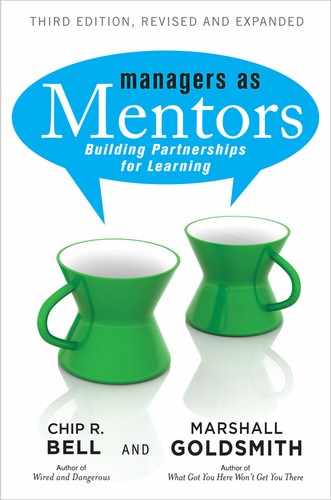Lessons from the First Mentor
The word “mentor” comes from The Odyssey, written by the Greek poet Homer. As Odysseus (Ulysses, in the Latin translation) is preparing to go fight the Trojan War, he realizes he is leaving behind his one and only heir, Telemachus. Since “Telie” (as he was probably known to his buddies) is in junior high, and since wars tended to drag on for years (the Trojan War lasted ten), Odysseus recognizes that Telie needs to be coached on how to “king” while Daddy is off fighting. He hires a trusted family friend named Mentor to be Telie’s tutor. Mentor is both wise and sensitive—two important ingredients of world-class mentoring.
The history of the word “mentor” is instructive for several reasons. First, it underscores the legacy nature of mentoring. Like Odysseus, great leaders strive to leave behind a benefaction of added value. Second, Mentor (the old man) combined the wisdom of experience with the sensitivity of a fawn in his attempts to convey kinging skills to young Telemachus. We all know the challenge of conveying our hard-won wisdom to another without resistance. The successful mentor is able to circumvent resistance.
Homer characterizes Mentor as a family friend. The symbolism contained in this relationship is apropos to contemporary mentors. Effective mentors are like friends in that their goal is to create a safe context for growth. They are also like family in that their focus is to offer an unconditional, faithful acceptance of the protégé. Friends work to add and multiply, not subtract. Family members care, even in the face of mistakes and errors.
Superior mentors know how adults learn. Operating out of their intuition or on what they have learned from books, classes, or other mentors, the best mentors recognize that they are, first and foremost, facilitators and catalysts in a process of discovery and insight. They know that mentoring is not about smart comments, eloquent lectures, or clever quips. Mentors practice their skills with a combination of never-ending compassion, crystal-clear communication, and a sincere joy in the role of being a helper along a journey toward mastering.
Just like the first practitioner of their craft, mentors love learning, not teaching. They treasure sharing rather than showing off, giving rather than boasting. Great mentors are not only devoted fans of their protégés, they are loyal fans of the dream of what their protégés can become with their guidance.
